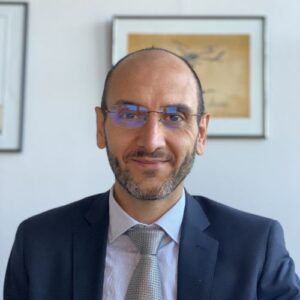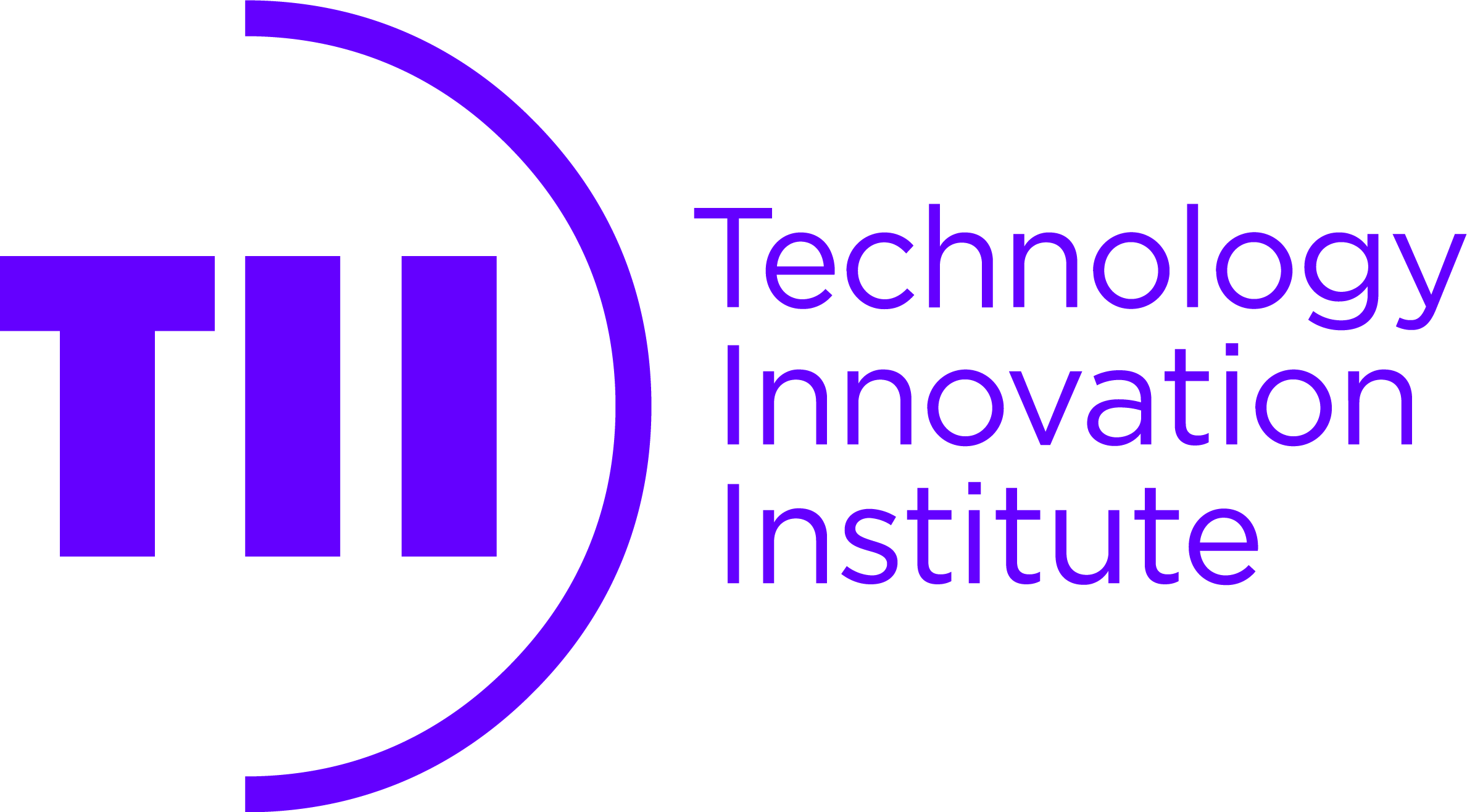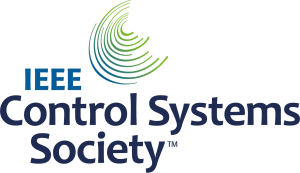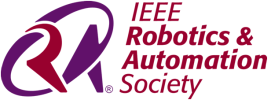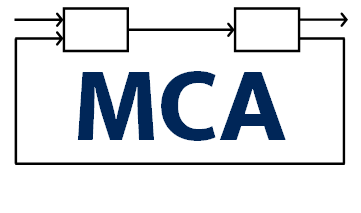Is control a solved problem in robotics UAV research?
Antonio Franchi
University of Twente
Faculty of Electrical Engineering, Mathematics & Computer Science (EEMCS)
Robotics and Mechatronics lab (RAM)
Twente, The Netherlands
Abstract
In these days UAV and robotics research in general are dominated by data-driven approaches that are mainly focused on scientific problems related to perception and other AI-related problems. The design, modeling, and control problems, which have been the backbone of UAV research in the past decades seem now to suffer a period of decline in terms of popularity. There are many possible explanations for this phenomenon. Perhaps there are no more relevant open control problems for UAVs; or maybe still unsolved problems are now perceived as solved because of some sort of “mass hallucination”; or perhaps the attention is now distracted by other problems which have been neglected in the past because too hard to solve and now seem/are finally within reach thanks to the new AI wave; or another explanation could be that the problems still open in control are so difficult that everybody pretend to ignore them, like the “Fox and the Grapes”. Or the motivation could be a different one of course.
In this keynote I will give my technical point of view on the question whether there are still significant open scientific problems in UAV research on the design and control side and, in case the answer is yes, I will try to critically rank such open problems in terms of difficulty and provide possible technical directions to explore the paths toward their solutions.
Biography of the speaker
Antonio Franchi is a Professor and the head of the Aerial and Swarm Robotics research line in the Robotics and Mechatronics lab at the University of Twente, The Netherlands; a Permanent Researcher ‘en detachment’ at the Centre National de la Recherche Scientifique (CNRS), France; and an associated researcher at LAAS-CNRS (RIS team), Toulouse, France. He is a Senior Member of IEEE.
From 2014 to 2019 he was a Permanent Researcher at CNRS and the leader of the aerial robotics activities at LAAS-CNRS. From 2010 to 2013 he was a Research Scientist and then a Senior Research Scientist at the Max Planck Institute for Biological Cybernetics in Germany, and the scientific leader of the group “Autonomous Robotics and Human Machine Systems”. He received the Laurea (M.Sc.) degree (summa cum laude) in Electronic Engineering and the Ph.D. degree in System Engineering (Feb. 2010) from Sapienza University of Rome, Italy. In 2009 he was a visiting student at the University of California at Santa Barbara.
He received both the French and Italian Professorial Habilitation for Full-professorship (HDR and ASN resp.) from the National Polytechnic Institute of Toulouse and the Italian Ministry of University and Research in 2016 and 2018, respectively.
His main research interests lie in the robotics area, with a special regard to control and estimation problems and applications ranging across motion and physical interaction control, decentralized control/estimation/coordination, haptics, and hardware/software architectures. His main areas of expertise are aerial robotics and multiple-robot systems.
He published more than 150 papers in international journals, books, and conferences and gave more than 90 invited talks in international venues since 2010. In 2010 he was awarded with the “IEEE RAS ICYA Best Paper Award” for one of his works on Multi-robot Exploration. In 2018 he was a recipient of the 2018 IEEE RAS Most Active Technical Committee Award.
He was Associate Editor of the IEEE Transactions on Robotics from 2016 until 2021 and he is Senior Editor for IEEE ICRA since 2020. He has been associate editor of the IEEE Robotics & Autom. Mag. (2013 to 2016), IEEE ICRA (2014 to 2019), IEEE/RSJ IROS (2014 to 2017) and the IEEE Aerospace and Electric Systems Magazine (2015).
He is the project coordinator of JCJC ANR MuRoPhen, co-coordinator of the FlyCrane project, and a was a contributor to PRO-ACT H2020, all focused on multi-robot coordination/manipulation.
He is the local coordinator of the EU H2020 Aerial-CORE project, he has been local coordinator in the EU H2020 AEROARMS project, the creator of the ANR PRC ‘The Flying Co-worker’ project, and he contributed to the EU FP7 ARCAS project, all focused on aerial robotic manipulation.
He is the co-founder and co-chair of the IEEE RAS Technical Committee on Multiple Robot Systems (>430 members).
He co-funded and was the program co-chair of the IEEE-sponsored International Symposium on Multi-robot and Multi-agent Systems (MRS 2017, 2019, and 2021). He co-organized the IEEE-RAS-sponsored 2019 and 2016 Summer Schools on Multiple Robot Systems at NUS, Singapore and CTU, Prague, and more than 15 workshops on Multi-robot Systems, Aerial Robots and Teleoperation at IEEE ICRA, IEEE/RSJ IROS, and RSS, among others.
Since 2010, he has been the mentor of 11 graduated PhD student and he is currently mentoring 8 PhD candidates. One the PhD theses he mentored won the Best Robotics Thesis French National Award in 2019.
